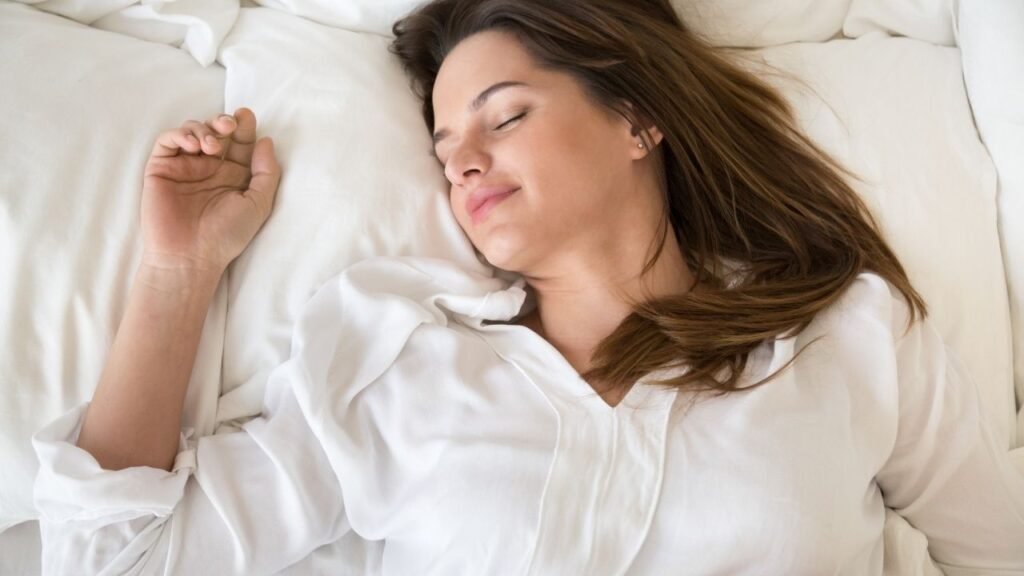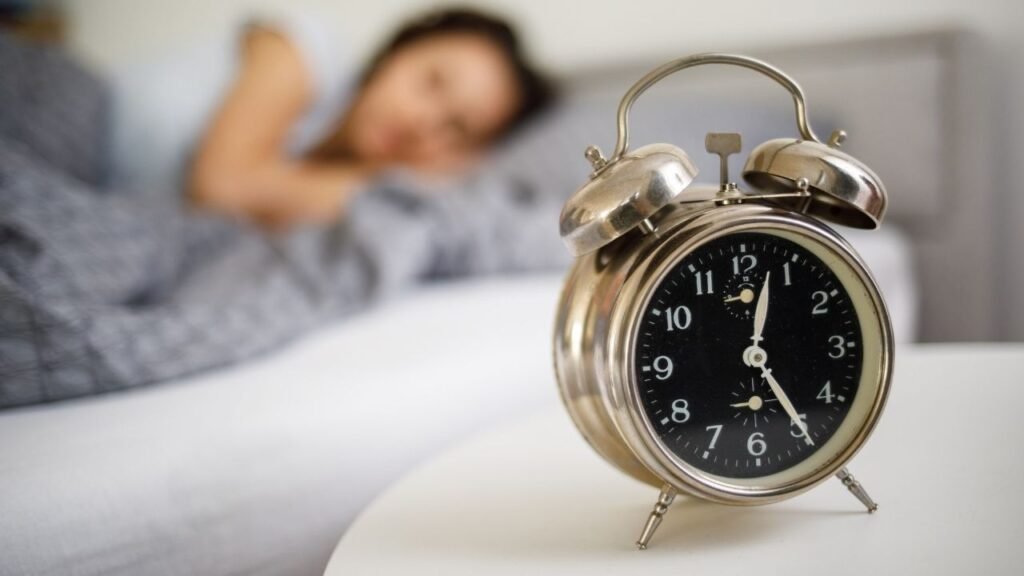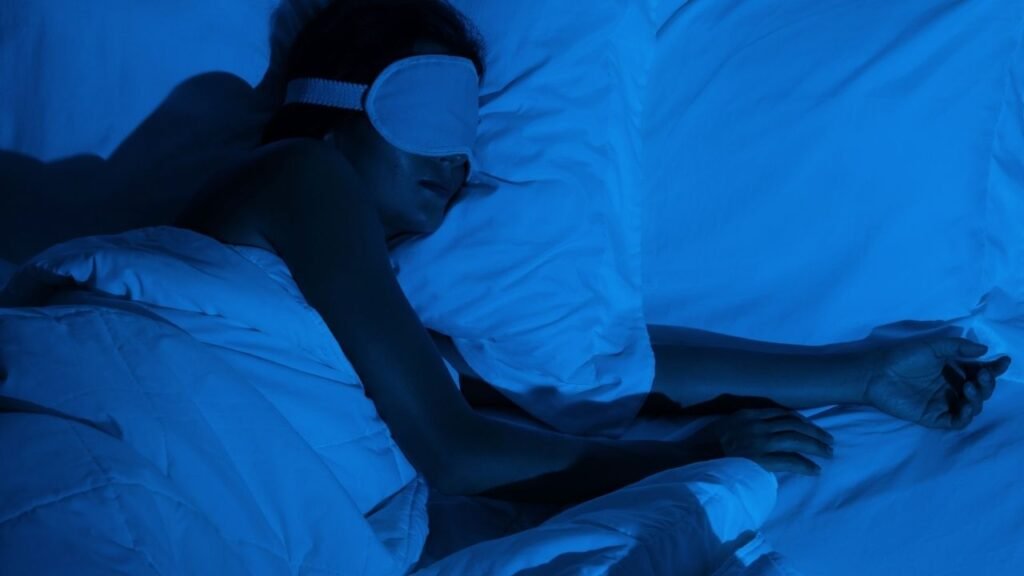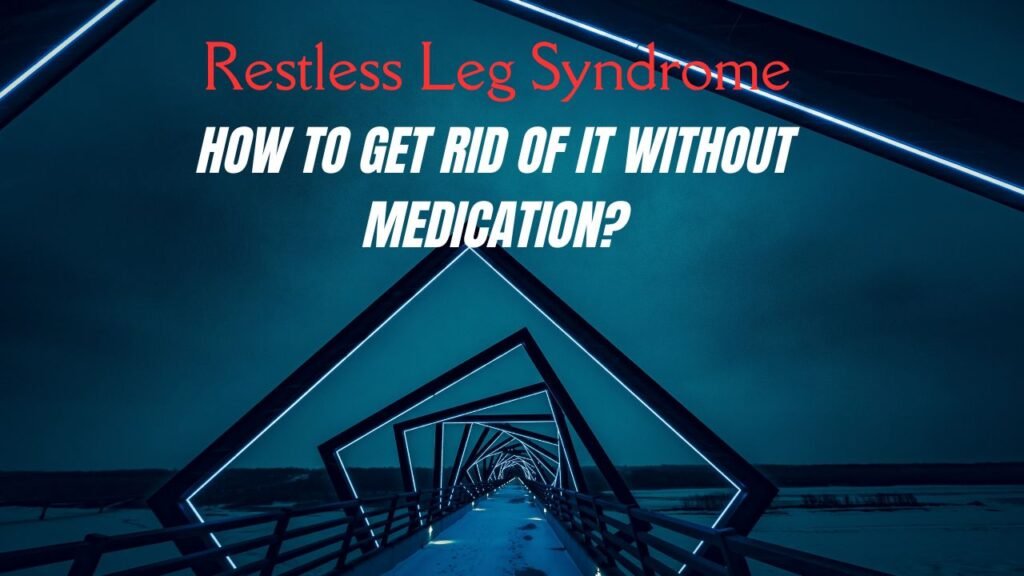Table of Contents
Introduction to Improve Sleep When You Have Sleep Apnea
Improve Sleep When You Have Sleep Apnea: Suffering from sleep apnea is worse than simply have a bad sleep every once in a while. This is a major illness which is often not diagnosed which influences you sincerely and genuinely both physically and intellectually.
If you are waking feeling more tired than you went to bed, or have been told you are snoring very loudly or seem to stop breathing in your sleep, you may have sleep apnea.
Obstructive sleep apnea, a widely prevalent sleep disorder, occurs when your breathing pauses intermittently throughout your sleep, resulting in a fragmented rest and plenty of daytime energy exhaustion.
In this article we will be discussing about what is sleep apnea, how it affects your sleep, and most importantly some best tips and lifestyle changes to make to improve your sleep quality.
No matter if you are dealing with obstructive sleep apnea (OSA), central sleep apnea, or complex sleep apnea, our solutions will allow for better rest while providing a boost of energy.
Learning What Sleep Apnea Means for Sleep Quality

What is Sleep Apnea?
Improve Sleep When You Have Sleep Apnea: It is a condition that affects your sleep, causing your breathing to repeatedly stop and start.
These interruptions, known as apneas, take place when your airway is partially or fully blocked while you sleep. Obstructive sleep apnea (OSA) The muscles in your throat relax too much and block the airway.
The less common, but more serious type is called central sleep apnea, which happens when your brain doesn’t send the right signals to your muscles that control breathing so your breathing stops.
A less common type is complex sleep apnea, which is the combination of obstructive and central sleep apnea.
These interruptions lead to a short waking up of the body just to breathe again.
These wake-ups can be so brief you may not even recall them, but they stop you from progressing into the deeper stages of sleep, and REM territory the crucial time for your body and mind’s physical and mental restoration.
This, in turn, drastically disrupts your sleep quality which will leave you feeling tired, cranky, and numerous other health issues.
The Impact of Sleep Apnea on Your Sleep Cycles
Improve Sleep When You Have Sleep Apnea: Under normal circumstances, as you sleep your body goes through cycles of different stages of sleep, and each stage serves an important purpose for your body to be refreshed.
During deep sleep, the body repairs tissues and regulates immune function, whereas during REM sleep cognitive processes and memory consolidation take place.
However, when you have sleep apnea, the many lapses in breathing disrupt those natural sleep cycles. Even if you remain in bed for the required eight hours to achieve this outcome, you suffer from terrible sleep quality.
Those who suffer from sleep apnea tend to have broken sleep where they awaken repeatedly during the night, frequently without being aware of it.
Such disturbances inhibit your body from achieving deeper and restorative stages of sleep, causing you to wake up groggy and unrested.
Chronic loss of quality and sufficient sleep is associated, over time, with various medical conditions, including hypertension, heart disease, diabetes, and even stroke.
Typical Symptoms of Sleep Apnea
If you are experiencing signs of sleep apnea, such as:
Loud snoring: From a bed partner suffering from obstructive sleep apnea in most cases, snoring is a prudential sign (if silence or choking sounds afterward immediately follow).
Gasping or choking while sleeping: This occurs when your airway is obstructed so you stop breathing for a bit, but your body senses the lack of air and wakes you up to catch a breath.
Constant desire to sleep during the day: Even while you sleep for 7-9 hours if you suffer from sleep apnea that prevents you from being in deep, rejuvenating sleep, you will still feel tired, grumpy, or unable to focus at daytime.
A common symptom of sleep apnea, morning headaches are usually the result of poor oxygen flow throughout the night coupled with less restorative rest.
Feeling sleepy during the day: If the body is not receiving the quality sleep it uses to recharge and refresh the devices, it makes sense that it would sometimes feel sleepy during the day.
Getting Better Sleep with Sleep Apnea: Practical Tips

Improve Sleep When You Have Sleep Apnea: Sleep apnea has its own dangers, but there are various ways to maximize your health and sleep quality.
With some lifestyle changes and a few sleep techniques, you can have less apneas, sleep better and feel more rested in the morning.
1. Try CPAP Machine or Other Treatment
The most common and effective treatment for moderate to severe obstructive sleep apnea is a CPAP machine (Continuous Positive Airway Pressure machine).
A CPAP machine allows you to receive a continuous stream of air through a mask, maintaining your airway open during sleep.
This prevents apneas and guarantees you are sleeping more soundly at night.
If you cannot tolerate a CPAP machine or if a CPAP does not eliminate your symptoms, other options are available:
BiPAP machines: These deliver higher pressure when you inhale and lower pressure when you exhale, and they are more comfortable for some people.
Oral appliances: They are usually used for mild to moderate sleep apnea and involves dental devices to keep the jaw in a forward position and helps to prevent airway obstruction.
Surgical Options: In some cases surgery to remove excess tissue in the throat or surgeries that correct structural issues that contribute to sleep apnea may be needed.
2. Maintain a Healthy Weight
Obesity, specifically around the neck, can contribute to worsening sleep apnea symptoms.
Fat around the airway can narrow the airway, especially when sleeping, making blockages or obstructions during sleep much more likely.
Reducing pressure on the airway and allowing for easier airflow can significantly help with sleep apnea, and losing weight can very much help with that.
A little bit of weight loss may result in a big deal improvement in your capacity to sleep better.
3. Avoid Alcohol and Sedatives
Alcohol and sedatives (especially sleeping pills) can ease a person to sleep, but also exacerbate sleep apnea.
These drugs affect the muscles in your throat which relax and collapse into your airway more readily during sleep.
Refrain from consuming alcohol, sedative medications, or sleep aids, especially during the hours before sleep.
4. Sleep on Your Side
Obstructive sleep apnea can be aggravated by sleeping on your back, as it causes your tongue and soft tissues in the throat to collapse and block the airway.
Side sleeping may help keep your airway clear and maintain apneas to a minimum.
A few individuals use special pillows or positional therapy devices to keep them in the side-sleeping position while sleeping.
5. Establish a Soothing Bedtime Routine
A calming nighttime routine is necessary because stress and anxiety can exacerbate sleep apnea signs and symptoms.
This might involve reading, meditating, practicing deep breathing, or taking a hot bath.
It can help tell your body that it is time to wind down, as people who have a better pre-sleep routine have better sleep quality.
6. Practice Good Sleep Hygiene
While good sleep hygiene is critical for all people, it is even more critical for the people who suffer from sleep apnea.
Get into a regular sleep routine and sleep at the same time, and rise at the same time every day of the week, including weekends.
Set your bedroom to a cool, dark, quiet place, where you can enter deep sleep, keep away from working on phones on the computer, and TV until bedtime, as blue lights may prevent your body from growing melatonin.
7. Get Regular Exercise
Exercise can promote better sleep and assist with weight loss, which can mitigate sleep apnea symptoms. But avoid exercising right before bed since it revs up your energy and can aggravate sleep onset.
8. Consider a Humidifier
Keeping your airways moist may help decrease irritation in your throat and nasal passages, which is where a humidifier comes in.
If you do not have one, try to place a basin with hot water to increase humidity and adjust the temperature in your bedroom.
This is especially convenient if you utilize a CPAP, because dry air can leave you feeling some discomfort.
Conclusion

Improve Sleep When You Have Sleep Apnea: Sleep apnea often can be frustrating and disabling, but it does not have to take hold of your life.
But, by improving your sleep hygiene, changing your lifestyle and using the treatments available to you, you can greatly enhance your quality of sleep and health.
The main thing is that you are consistent with the CPAP machine, swallowing weight, or a calming practice every night before sleeping.
You will soon see the difference on the sleep and energy level so start little by little.
However, with the right steps in hand, you can get rid of this bad sleep cycle and wake up fresh, energetic, and ready to take on the day.





